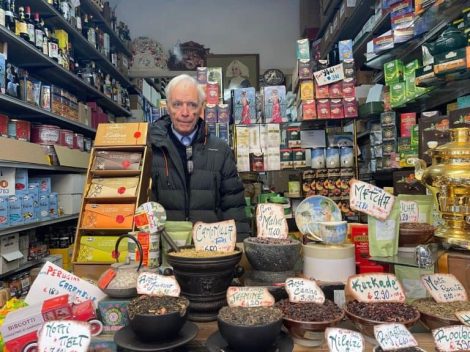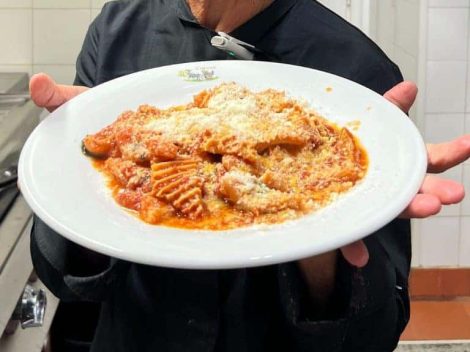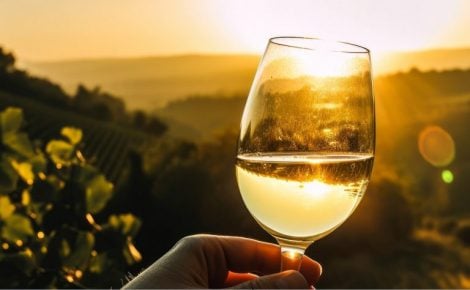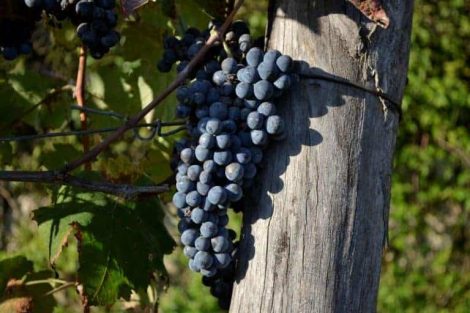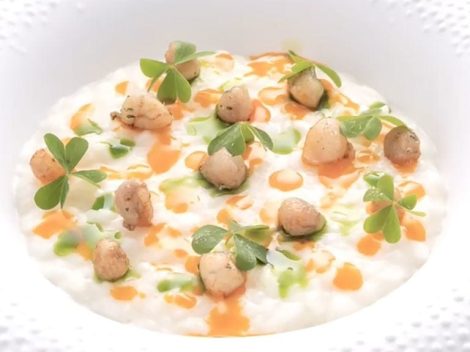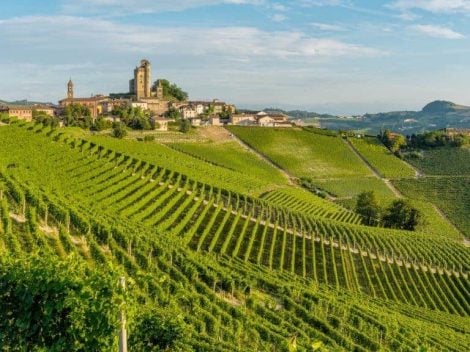Every now and then, during the day, Josko Gravner disappears. He's in the cellar. A cellar where dim light enters through a single window, perpetually semi-empty, with not even the terracotta amphorae in sight; you can only count the number of circular holes protruding on the surface, embedded under tons of Friulian earth. With his usual slowness, he opens the heavy lids and looks inside. The wine has been resting there for months. The oldest amphorae, those buried at the end of the nineties, are still there but have been moved to the garden, placed next to each other to form a small wall. "The amphora has a 5,000-year history, and I'm convinced it is the most suitable container for wine," he says in his Italian, tinged with the border dialect of Slovenia, which runs past his home in Lenzuolo Bianco, not far from the Oslavia memorial. The Georgian container is Gravner's endpoint, considered rightfully one of the greatest Italian producers, who has made wine history since the late seventies and who, twenty years later, had the courage to change everything: he uprooted all international varieties to start vinifying only ribolla, the grape of Collio.
Interview with Josko Gravner
Seventy-two years old, with 60 harvests behind him, his wines are born from time after six months of skin maceration and seven years in an amphora. Gravner has added nothing, he has merely removed the superfluous. He has gone for subtraction. "I couldn't drink my own wine anymore," he confesses. Today, he produces, together with Mateja (his daughter) and Gregor (his grandson), some of the best Italian white wines, or better yet, orange wines of which he has been a visionary and pioneer. And like many other winemakers, he lives with the uncertainties of the moment: more difficult harvests due to bad weather, rising prices, and declining consumption.
Gravner, young people are drinking less and less wine, consumption is plummeting.
They are right to drink less.
But as a producer, aren’t you worried?
That's not the point; there are wines that are very difficult to drink.
What do you mean?
They are so perfect, so loaded, impeccable from an analytical point of view that, paradoxically, they are not liked. They don’t go down well.
Explain that.
They are more or less manufactured in the cellar. The alcohol content is low, synonymous with large production and early harvest. Those who want to make a serious wine with a high alcohol content because they harvested ripe grapes are punished. These wines are often sold at prices lower than beer or mineral water; the price also reflects the quality, so it's no surprise that young people don't drink anymore. They are right.
But consumers seem to seek fresher, lighter, more drinkable wines.
But wine is not meant to quench your thirst. In France, unlike in the past, some winemakers produce Chardonnays that seem like spritzes, and they all taste the same. They are "modern" wines but only for five years; then another trend will come along.
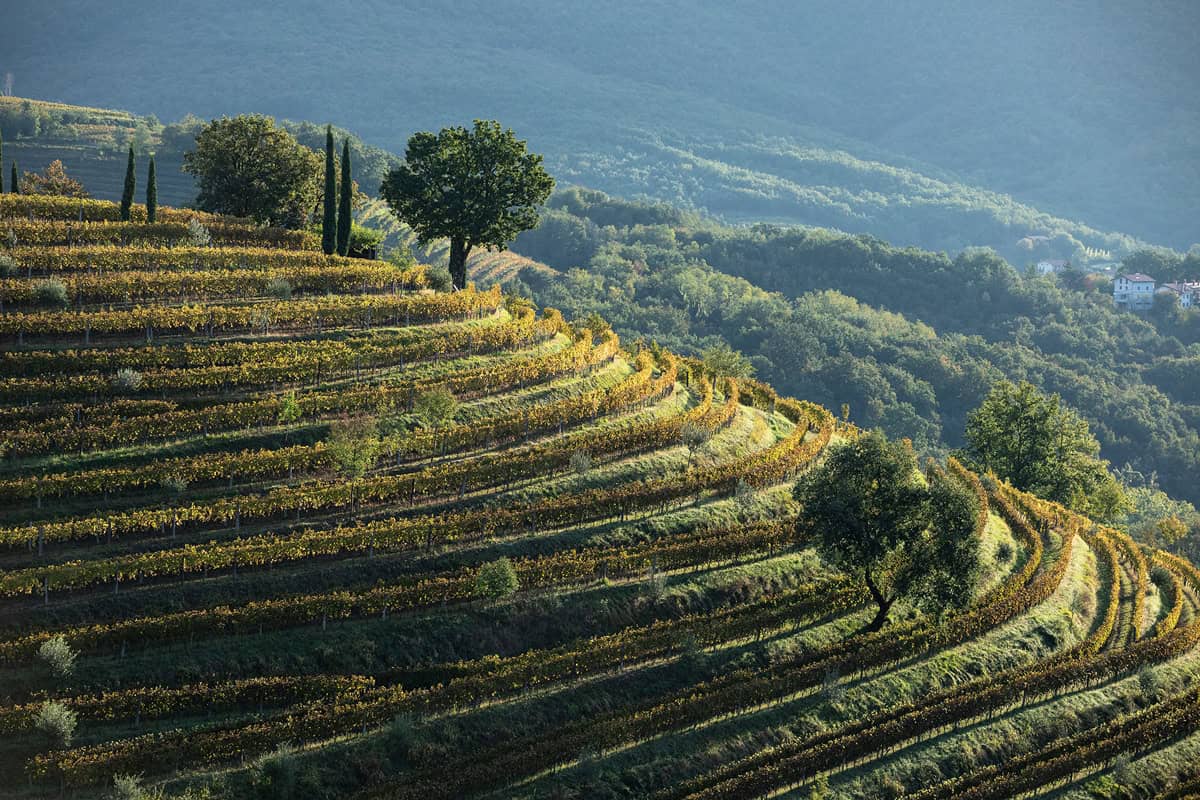
The Dedno Vineyard of Josko Gravner
But what drives the crisis?
There is definitely too much production.
But the climate has an impact. Due to heatwaves, harvests are often brought forward, grapes ripen earlier, and the risk is that the alcohol content at the end of fermentation is too high.
It is not the alcohol content that makes wine "heavy." There are many other factors, such as filtration and added yeasts. This is also why wine is drunk less. The higher the alcohol content in my wines, the better they are because there is a low yield per hectare, and the harvest is late. Only in this way can a winemaker improve the quality of his wines.
Have you noticed climate changes in the vineyard?
Absolutely, something is wrong.
Have you changed anything in your production method?
I work more. And for the first time, I had to bring the harvest forward; instead of October, which has always been my preference, I have to start around 20 September. Not to have wine with less sugar structure, but to avoid losing half of the production; in the last 5-6 years, we have had a lot of rain.
So some harvests have been lost?
Sure, I have had losses, but there is no quality without risk, right? It is not even certain that you can obtain a quality wine, but we want to continue like this. We don't want to produce uniform wines like those you find everywhere from north to south, not only in Italy but worldwide. We shouldn't be surprised if people get tired of drinking wine.
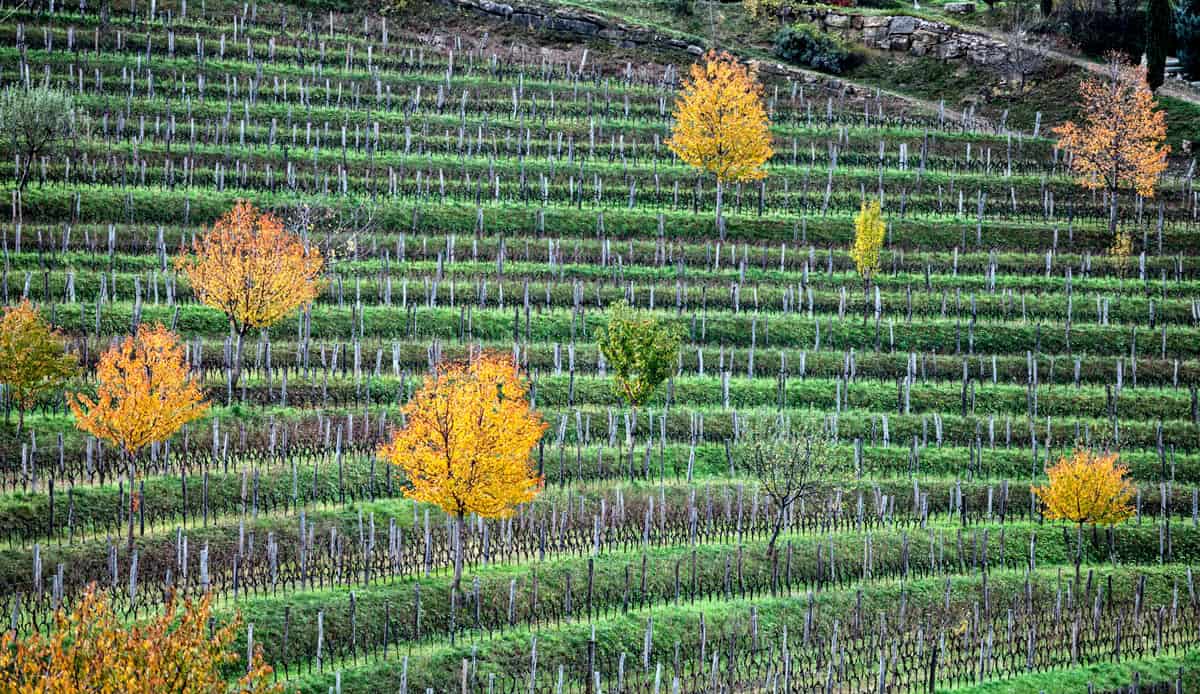
The Hum Vineyard. Photo di A.Barsanti
Eradicating vineyards: Italy is considering it, there is too much wine to dispose of. What is your opinion?
It's paradoxical. While in France, in Bordeaux, they are starting to eradicate vineyards, here in Friuli every year hectares and hectares are planted everywhere, even in the plains. This has also been done thanks to state subsidies. Now there is talk of eradicating vineyards in Italy as well, and the state might provide subsidies for this too. It is clear that our viticulture model no longer works; mistakes were made from the start.
Such as?
Vineyards were planted in areas not suited to wine production. For years, planting rights were granted to everyone, and this still happens. Vines are grown even in swamps and reclaimed areas. In the plains, we should produce corn, fruit, wheat, and not grapes.
But do you agree with the eradication or not?
It depends on where we eradicate. I don't agree with doing it in the hills, but in the plains, yes. In non-suited areas, vineyards shouldn't be there.
Alcohol. In the United States, they plan to review the recommended minimum dose, and the European Union insists on back labels like those on cigarettes. Is this a demonisation?
Partly yes, but it's also the wine industry's fault for flooding the market with uniform wines that are what they are. But consumers also appreciate other types of bottles, wines made differently, more tied to the territories and tradition, where the farmer challenges nature while respecting it without seeking quantity.
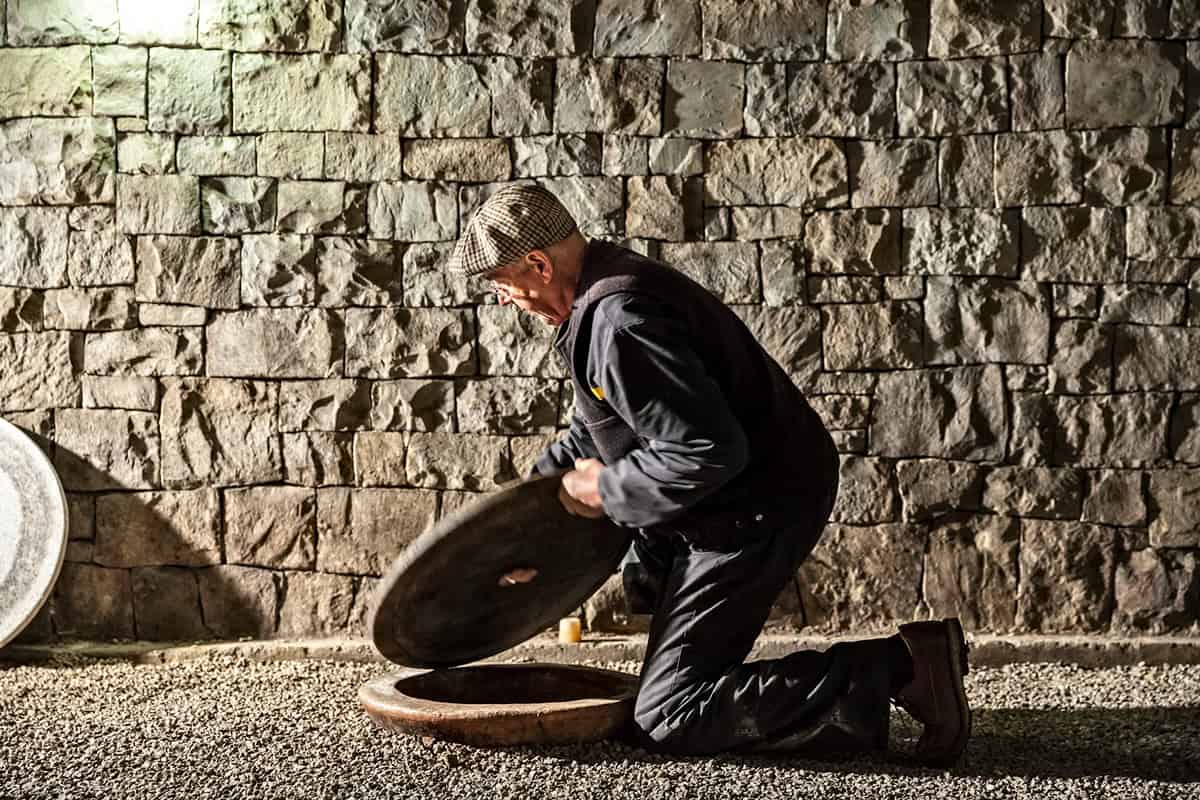
Josko Gravner is preparing for the racking operations in his cellar of buried amphorae.
What do you think of alcohol-free wines?
A load of rubbish.
Can we call them wines?
Not for me.
In Italy, Piwi, resistant grape varieties, have taken hold for several years now. What do you think?
Let's see how resistant they will be (he smiles, ed.). That too is an intervention that nature will make us pay for. Over time, new diseases will come, now you save one treatment, but in the future, you will have to do other treatments for other diseases. It's already happening.
And wines aged at sea?
Just because you send a child to school, it doesn't mean they will become Einstein. Aging doesn't change a poorly made wine. It's often just advertising.
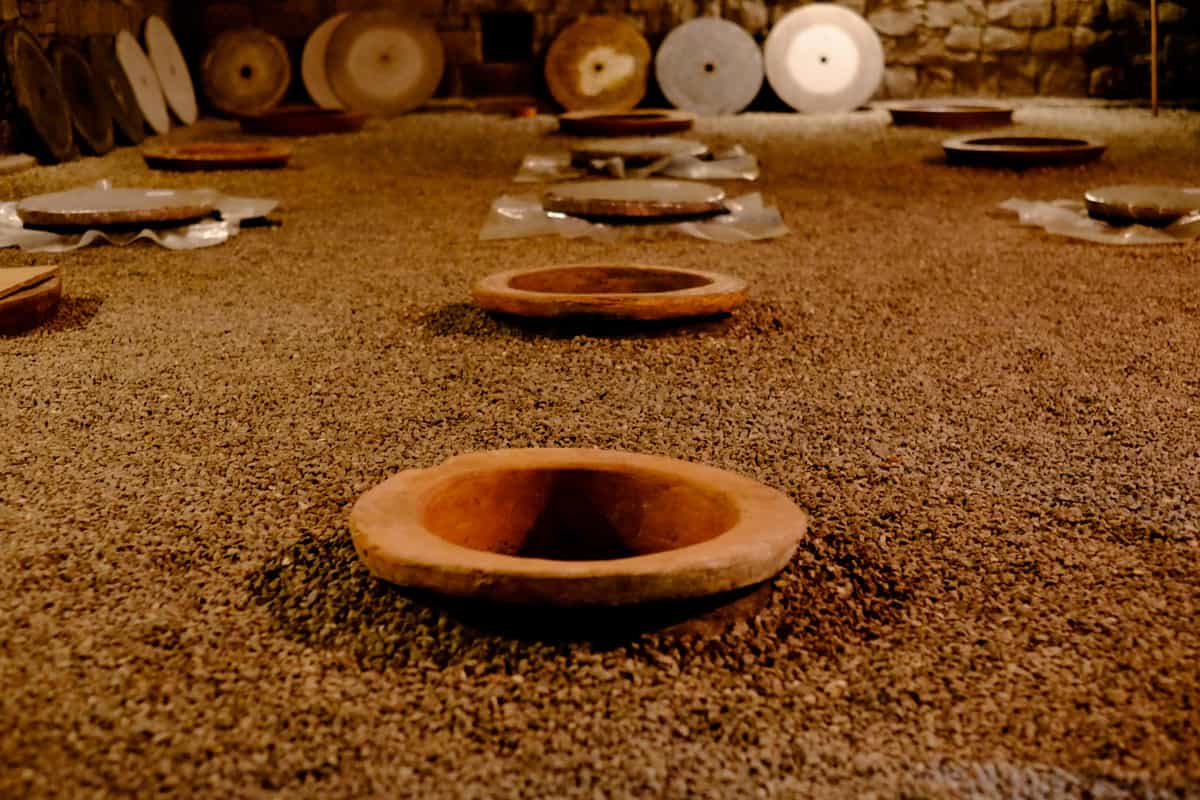
The amphorae in Gravner's cellar
Natural and conventional wine. Is there still a clear separation, or have the two worlds influenced each other?
I don't like talking about natural wine; wine has nothing natural about it. But the first time Luigi Veronelli came to my cellar, he said, "Josko, I prefer the worst peasant wine to the best industrial wine." At the time, I disagreed, but then I realised he was right.
Beyond the terms, you are undeniably close to the production philosophy of "natural" winemakers, and your wines are appreciated by both sides.
Yes, but even my wines can have defects; it's normal when you work with as few interventions as possible. Anything can happen, but you have to accept it; otherwise, why make wine? Our wine is definitely not for ultra-processed foods.
In Europe, you were a pioneer in the use of the Georgian amphora. For the first time in decades, Vinitaly also organised an event on the topic. Has something changed?
The more we talk about it, the better. For me, the amphora is to wine what the amplifier is to music. Of course, it doesn't mean that if you use the amphora to macerate poorly produced grapes with defects, the wine will improve.
Will we ever see Josko Gravner at Vinitaly?
No, I'm fine here in Collio.
Wine maceration. The Guardian says that orange wines will be the wines of the summer. Is it a passing trend?
I hope not, but certainly, we should not chase change just to change something. If you believe in a way of working, then it's fine, but if we do it just because the market demands it, then it's clearly a trend. And trends usually last a season.
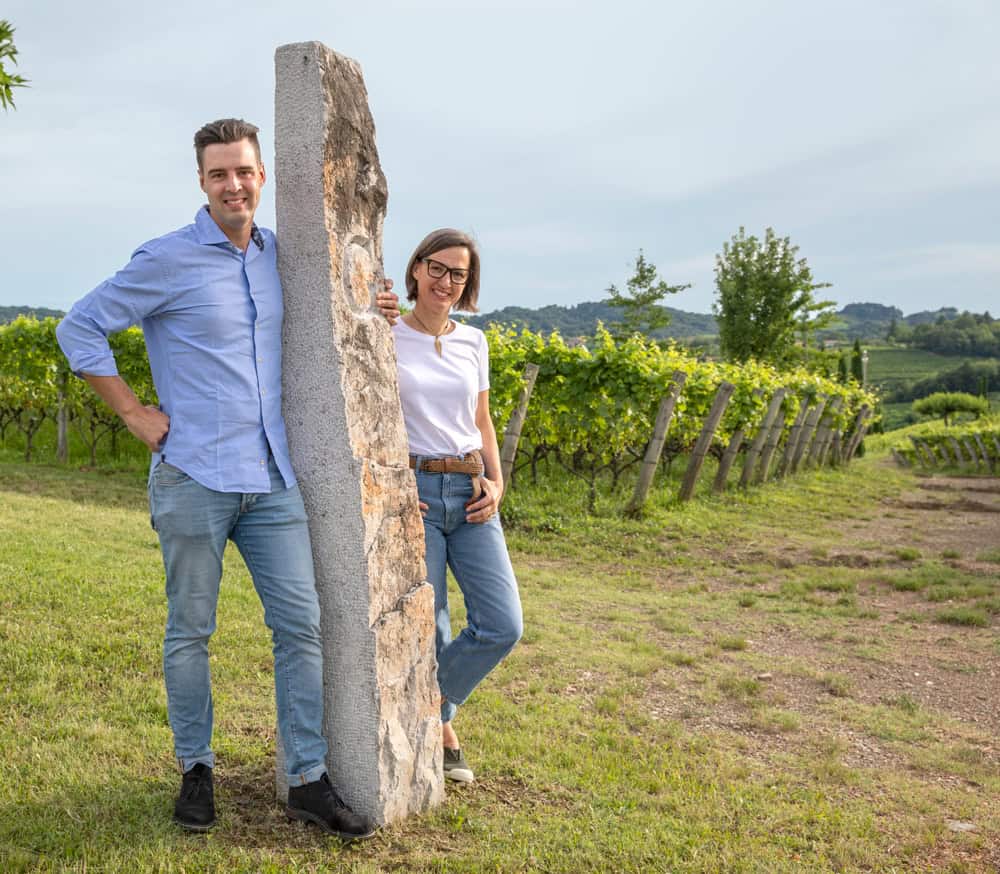
The models you have been inspired by?
One was Gianfranco Soldera; he was grumpy, but he was often right.
What would you never do again in your work?
I uprooted Chardonnay, Pinot Noir, Pinot Gris, and therefore, one thing I would never do is plant them. It doesn't make sense in Collio.
Six months of skin maceration and seven years in an amphora. Your Ribolla is almost a meditation wine that goes against the current trend where we spend little or no time on things. Has interest declined compared to the past?
We have never had an enormous demand for wine, it's normal when you go against the current. There are two ways to make wine: what the market demands or making wine. I chose the second model. Even in our case, there is a customer who appreciates it.
The new Gravner generation is called Gregor, your grandson.
Well, Gregor is my right hand, I'm getting old. He is taking over the business, and he's very good.
Have you thought about quitting?
I have thought about it, but I'm not ready.

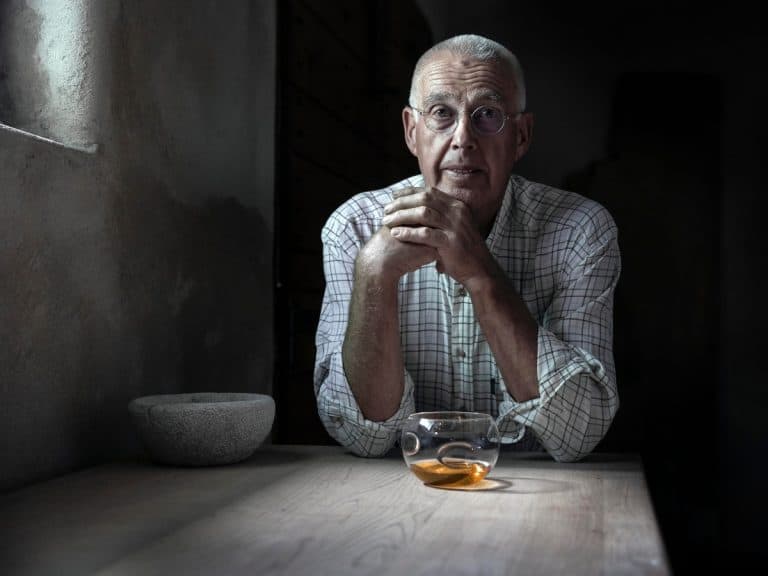
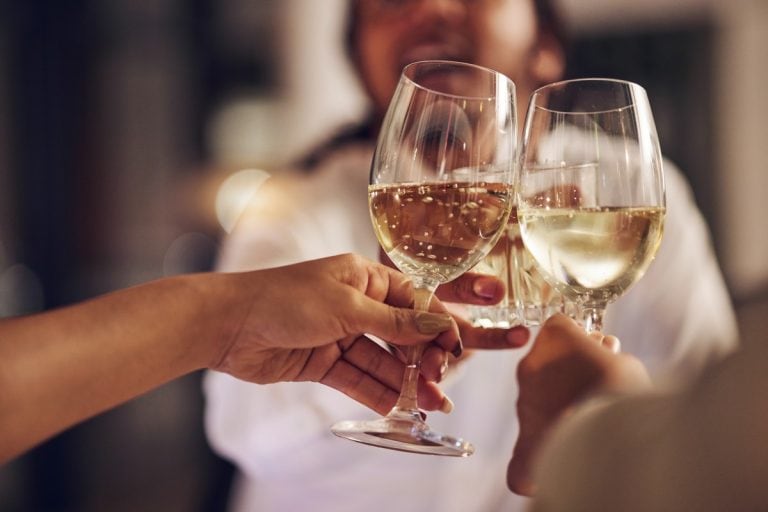 Sparkling wines surpass still wines in Italian out-of-home consumption. Most popular during the aperitif
Sparkling wines surpass still wines in Italian out-of-home consumption. Most popular during the aperitif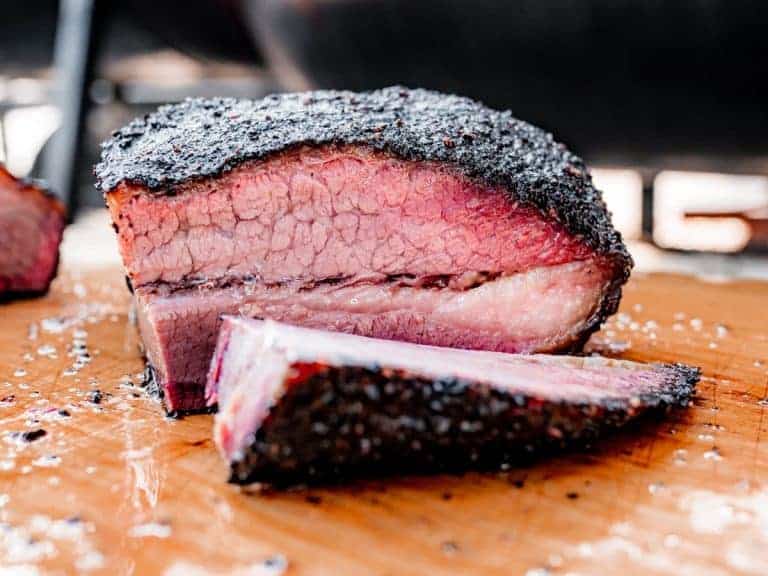 American Barbecue wins a Michelin star for the first time in history
American Barbecue wins a Michelin star for the first time in history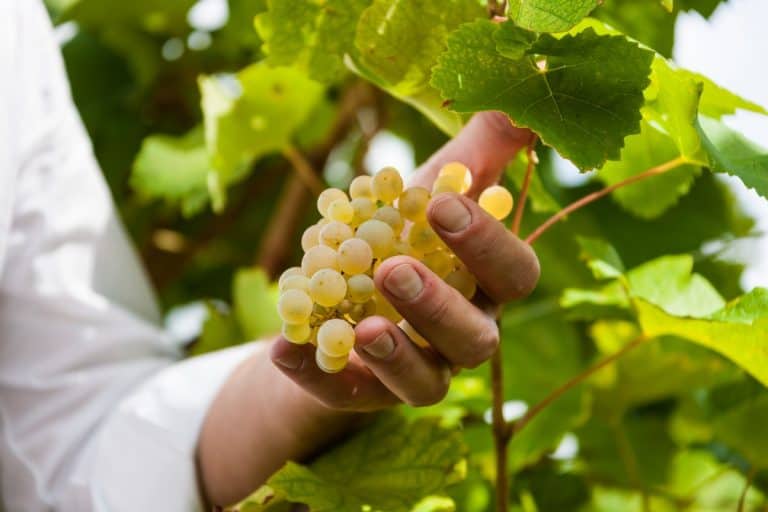 Prosecco Superiore: the 8 best selected by Gambero Rosso
Prosecco Superiore: the 8 best selected by Gambero Rosso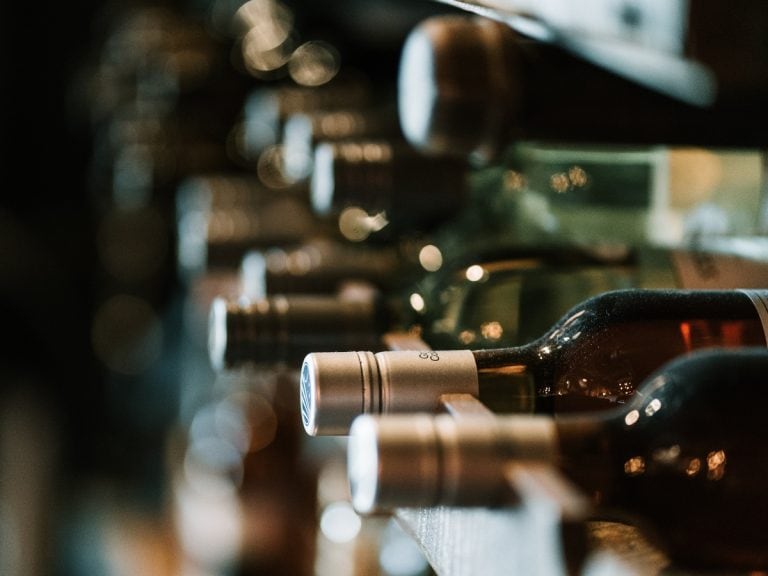 Italian wineries face rising debts and falling revenues as wine industry grapples with economic uncertainty
Italian wineries face rising debts and falling revenues as wine industry grapples with economic uncertainty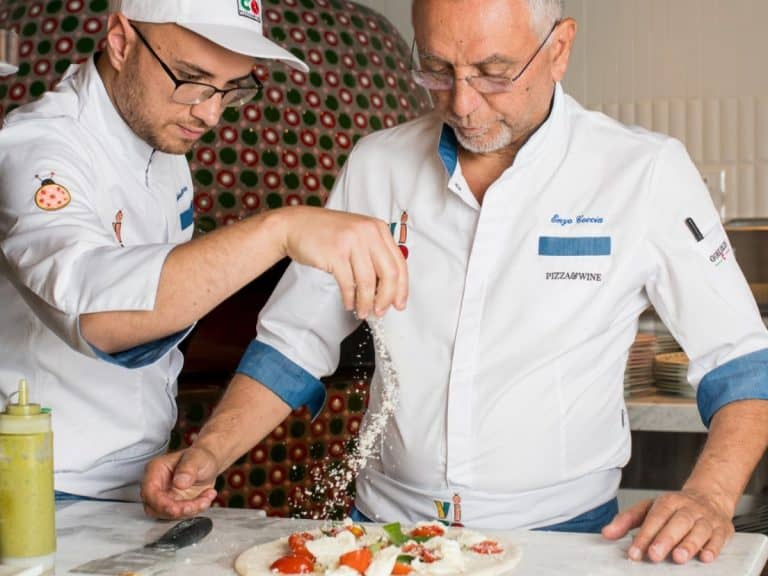 Enzo Coccia leaves Rome for an ambitious project in the United States: "but La Notizia stays"
Enzo Coccia leaves Rome for an ambitious project in the United States: "but La Notizia stays"